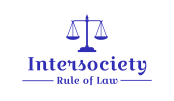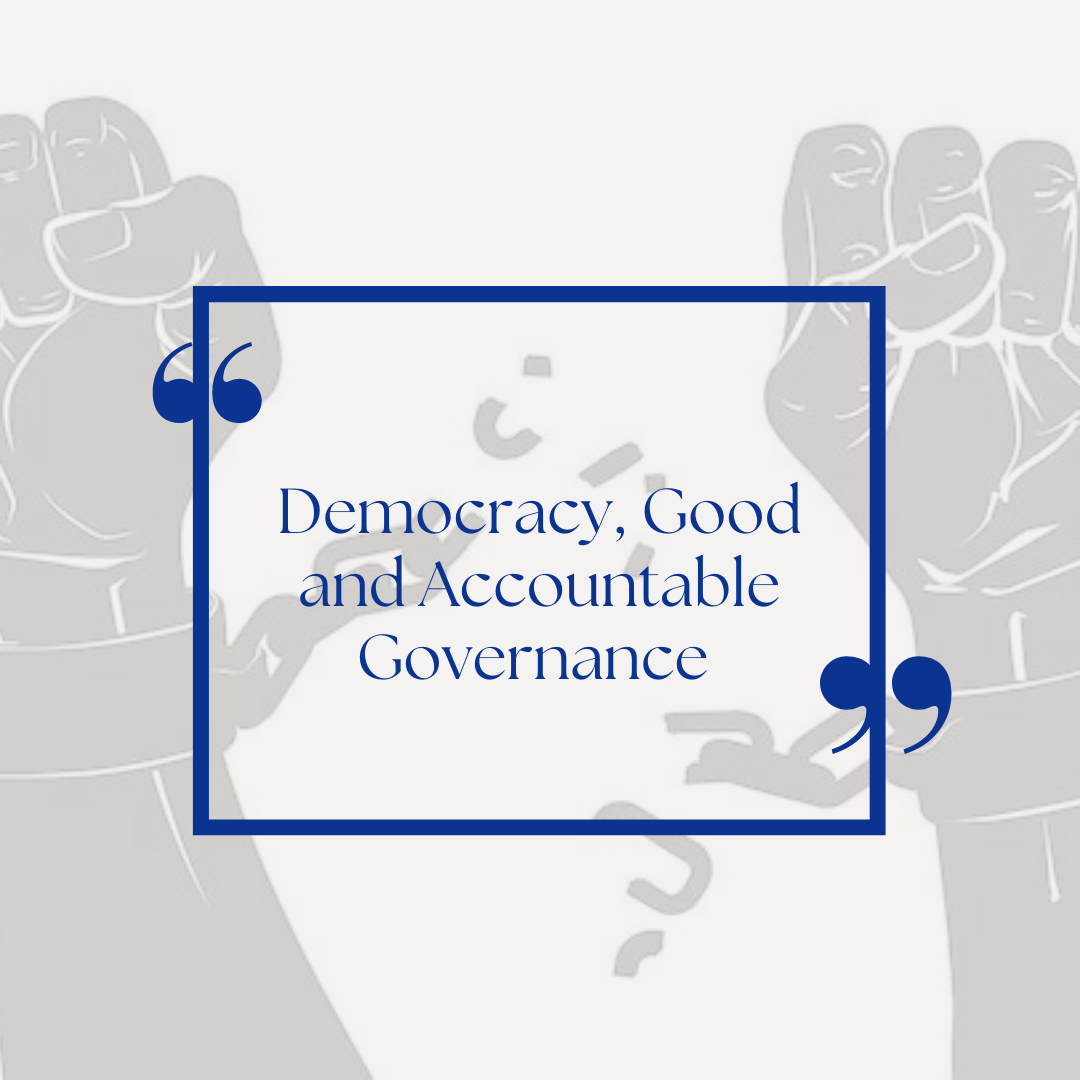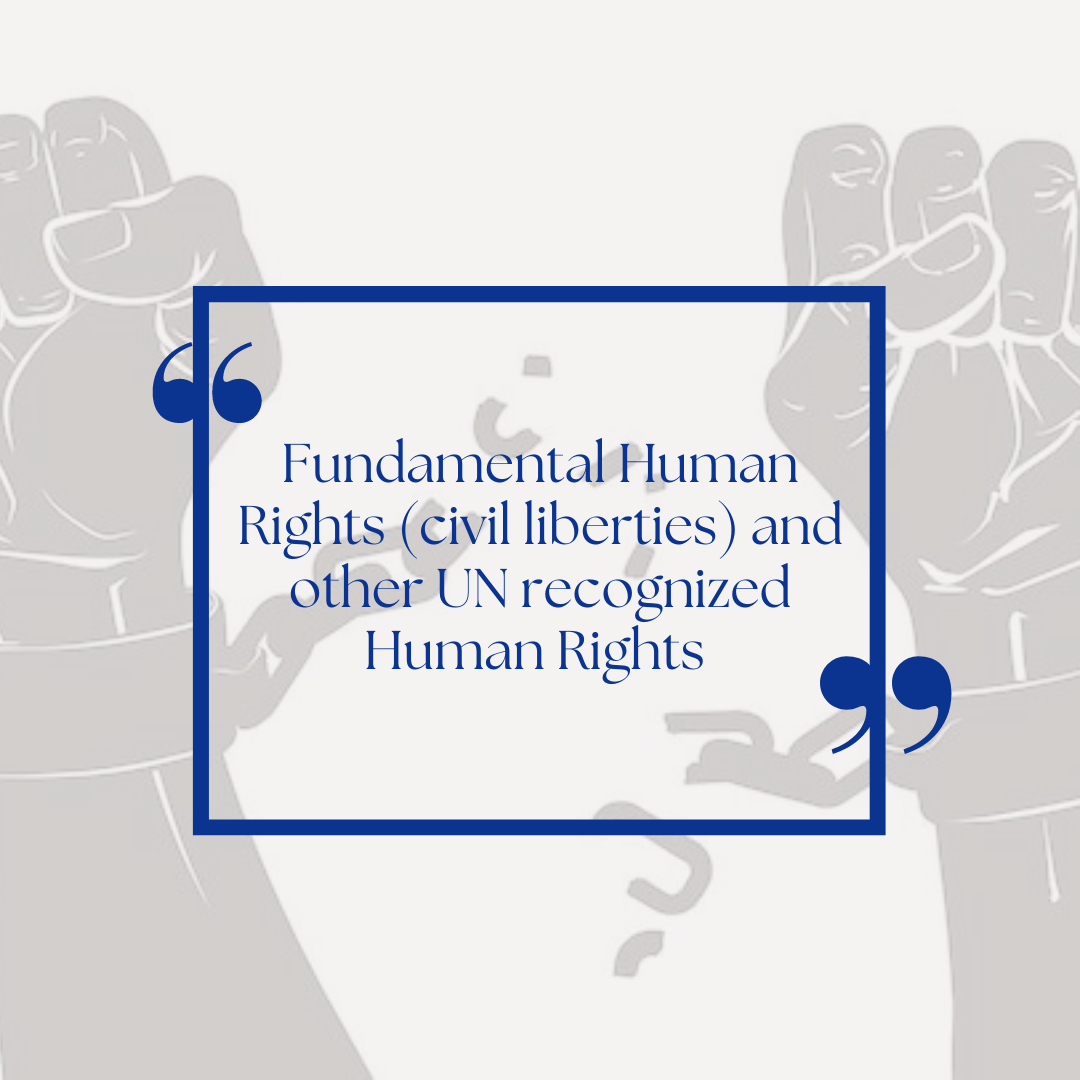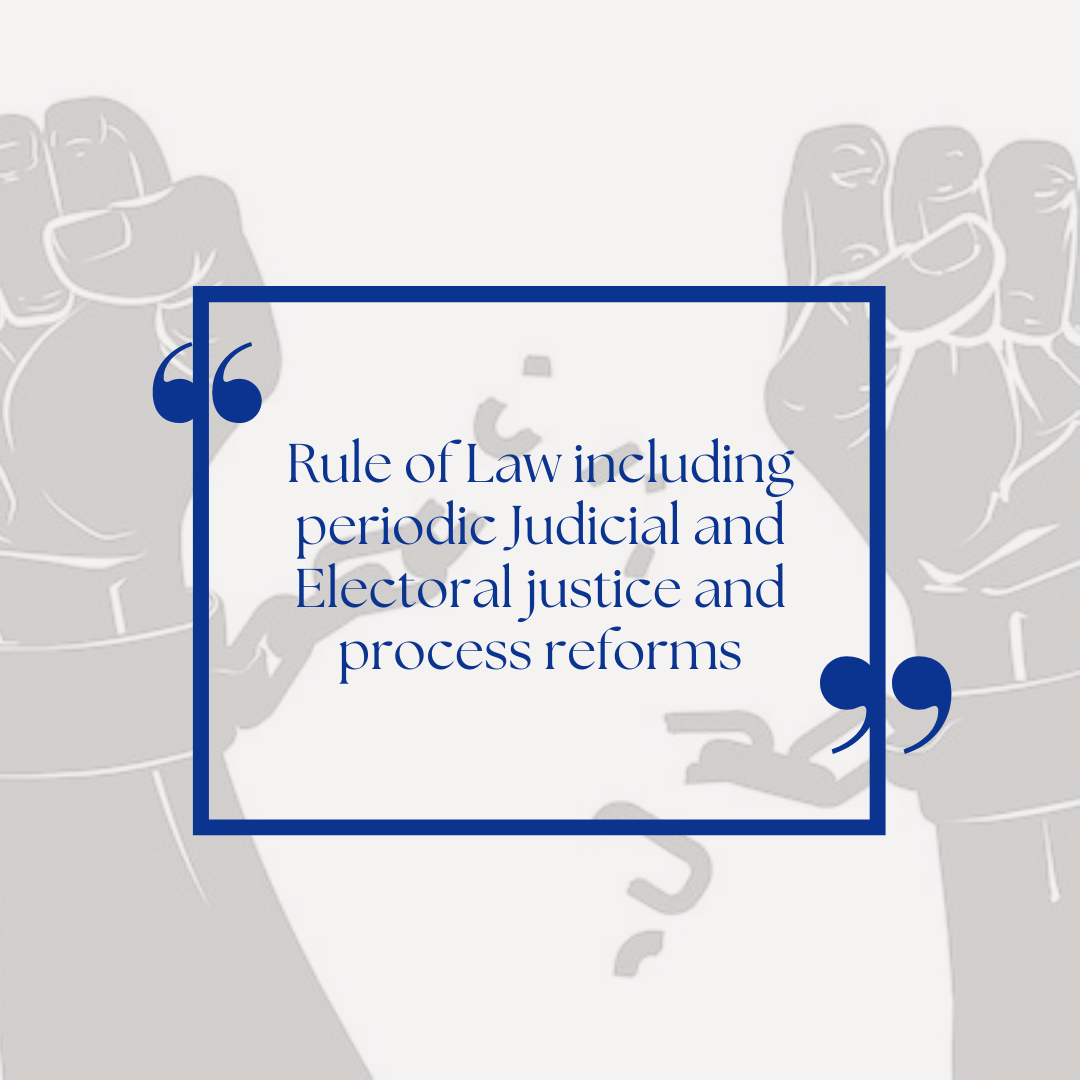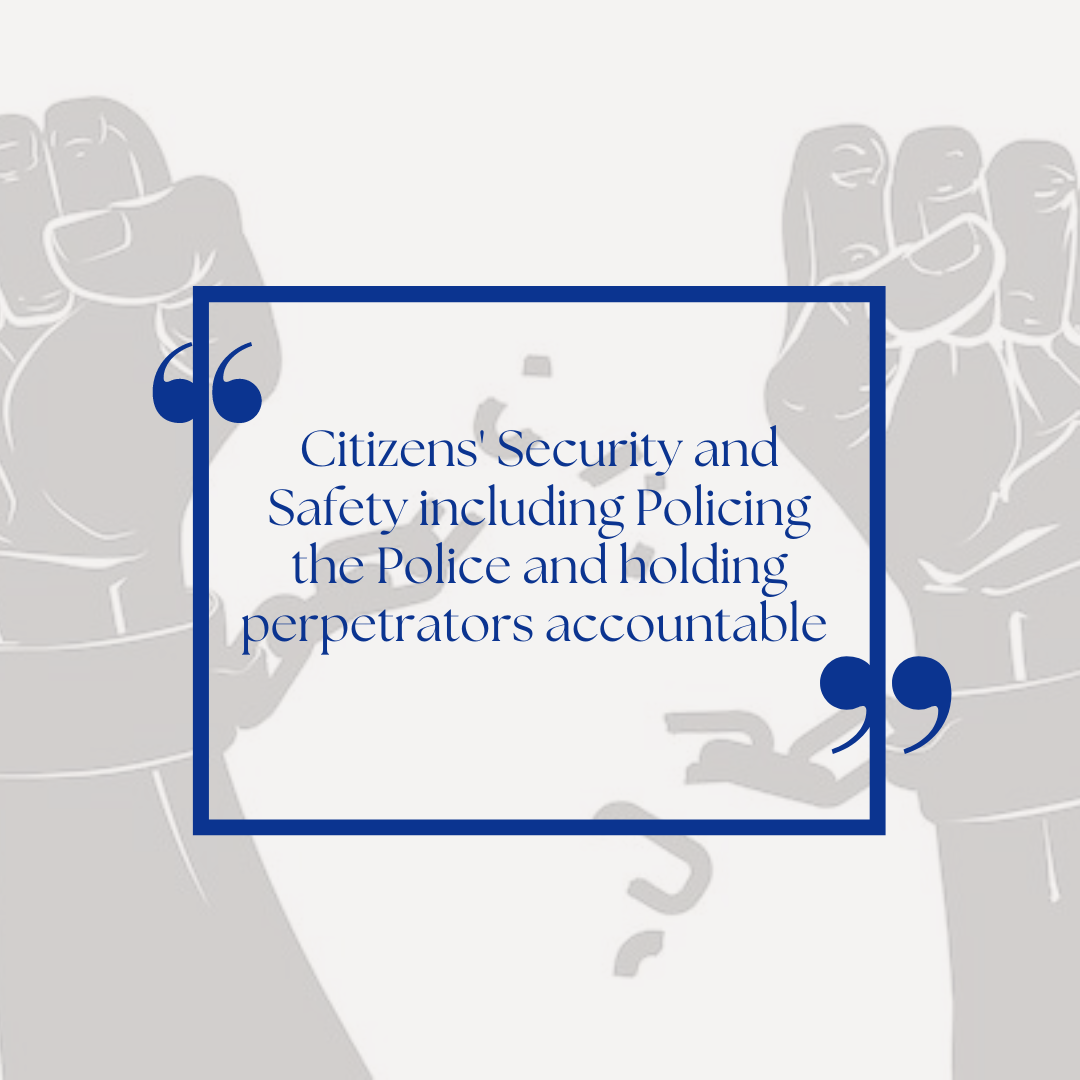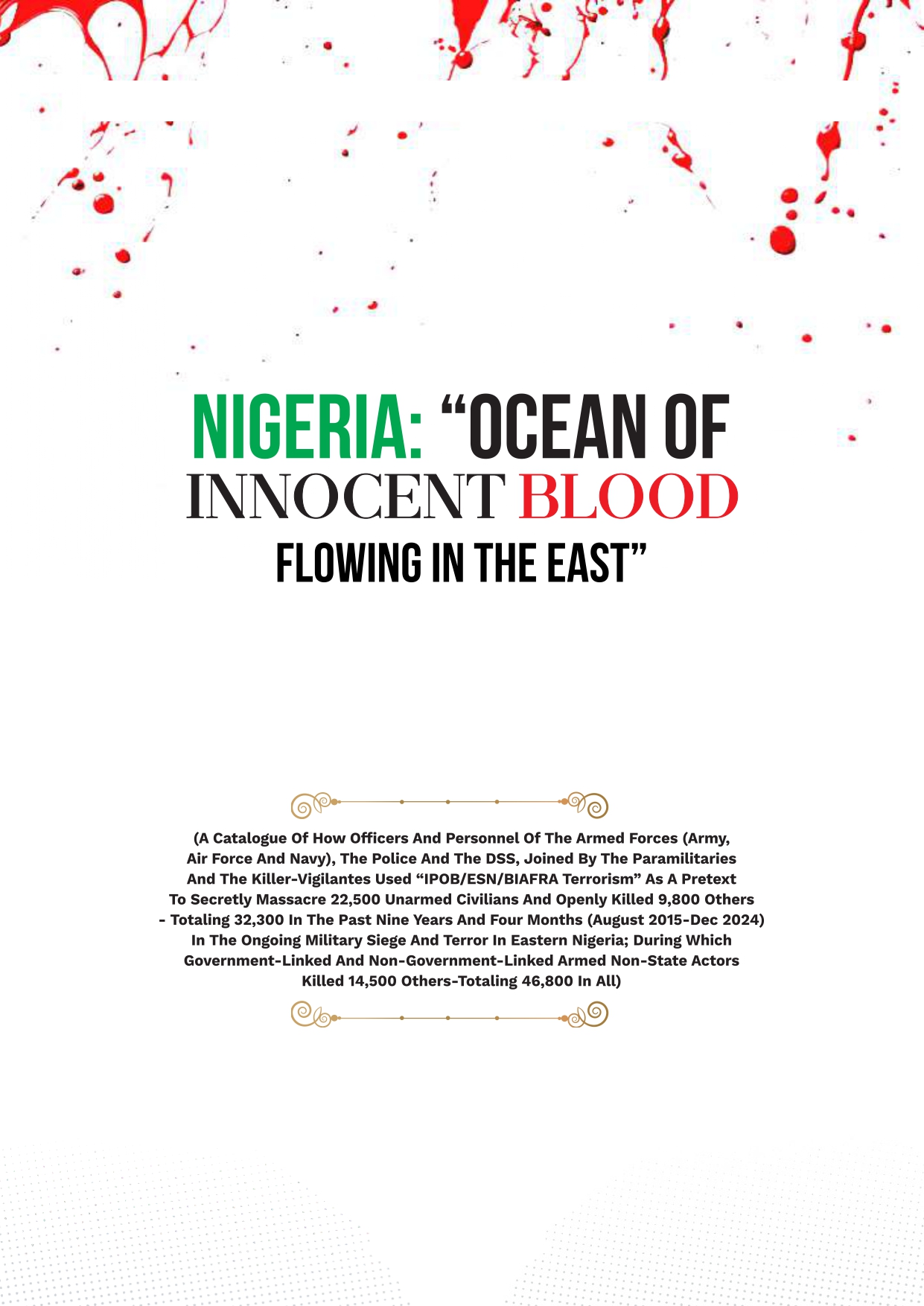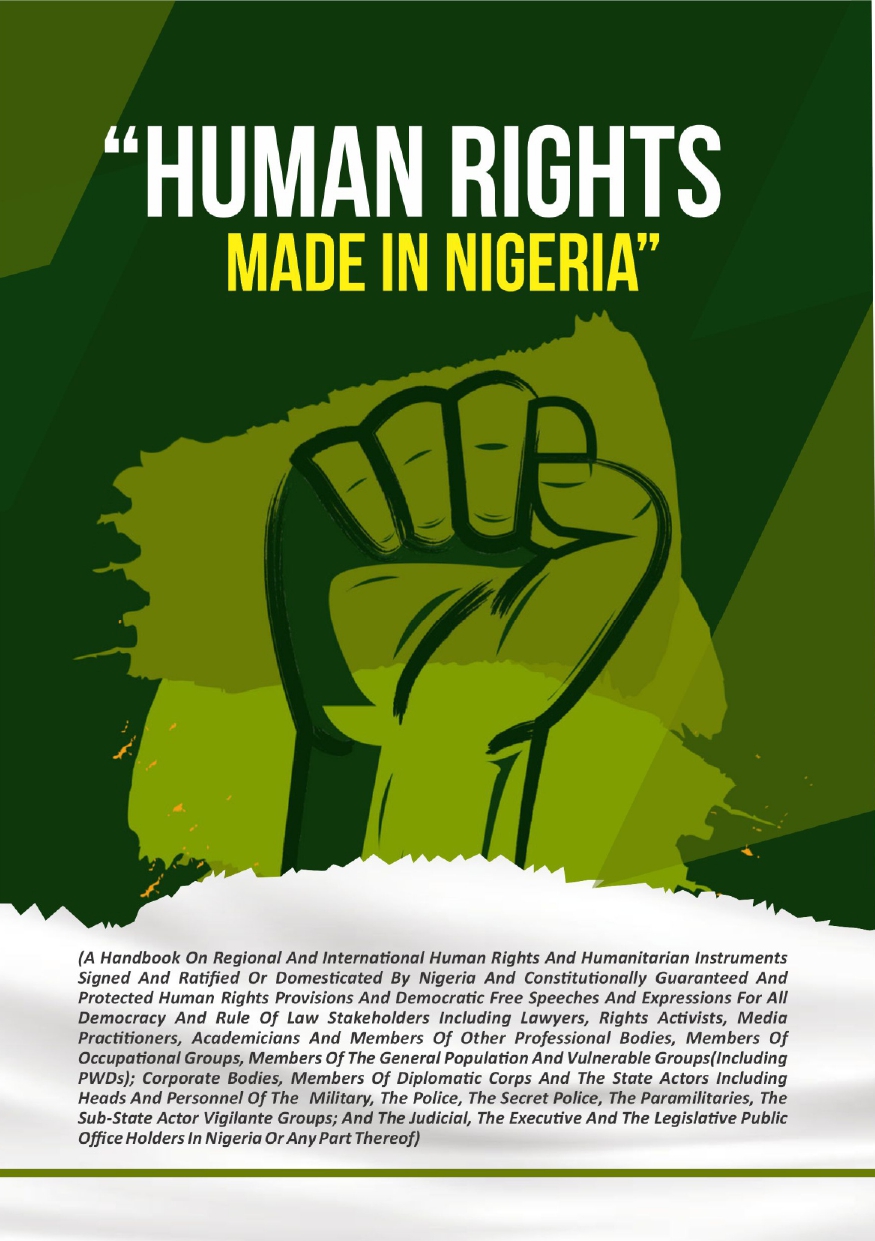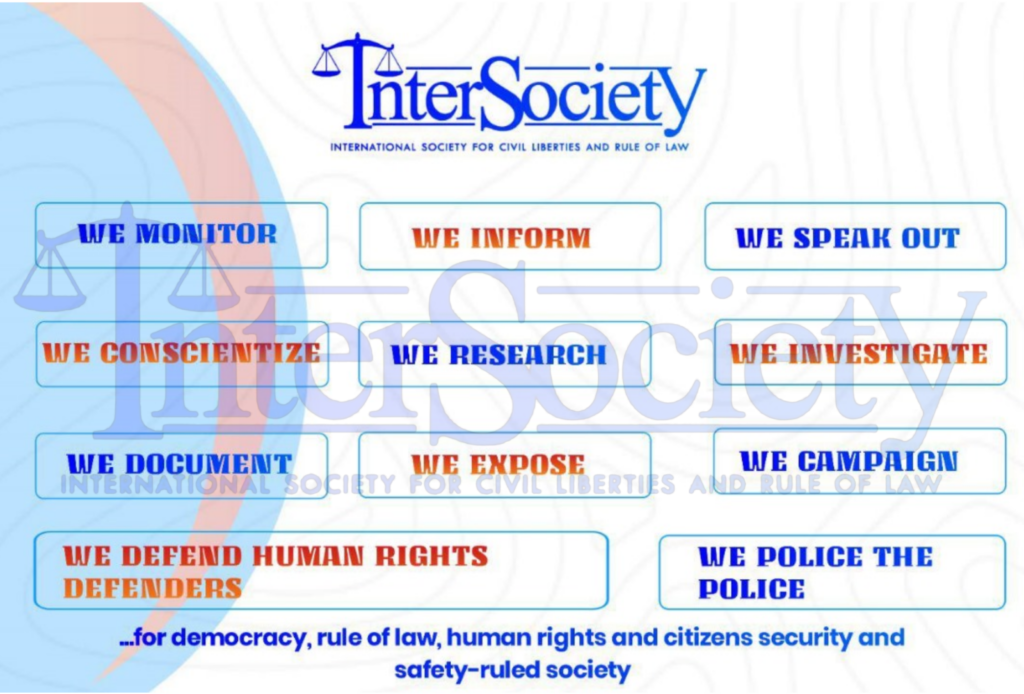
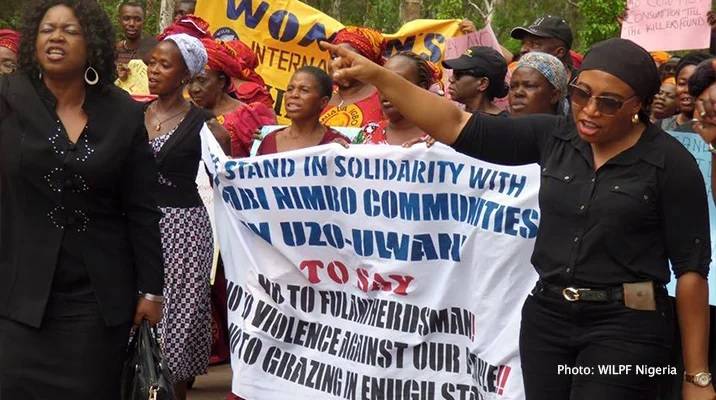

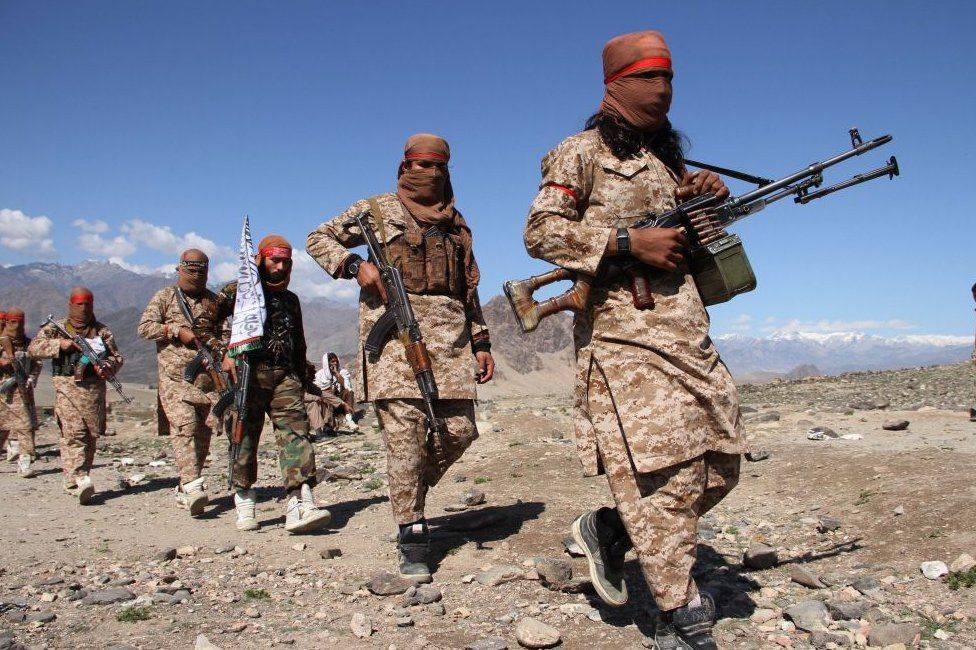

Our Vision
Our Human Rights and Democracy Campaign envisions a world where all people: women, children, men, the elderly and the vulnerable are free to enjoy all their human rights equally as enshrined in the 1948’s Universal Declaration of Human Rights and codified statutes of the UN Member-States under popular and credible democratic and rule of law setting as a driving force for realizing their full potentials and living in peace and dignity including protection of life, property, liberty, and the pursuit of happiness.
Our Mission
Our mission is to support, protect, promote, and advance democracy, rule of law and human rights; expose perpetrators of heinous crimes (state actors and non-state actors) and bring them to accountability; and seek compensations for their victims. These we vigorously pursue by supporting and conscientizing individuals, organizations, and nations through research, investigation, documentation, publication, and campaign to realize their civil, political, economic, social, democratic, environmental, and cultural rights and responsibilities as laid down in the Universal Declaration of Human Rights of 1948, a growing body of public international law and codified statutes of the UN Member-States.
Our Four Areas
Impact Since Formation
- The Intersociety through its Democracy and Good Governance Program since 2008 has promoted credible election and electoral process in Nigeria or any part thereof particularly in Anambra and South-East Nigeria where it is headquartered. In Anambra State, the Intersociety played a major role in ending long years of election rigging and related manipulations particularly between 2006 and 2014. The popular judicial return of the electoral mandate of former duly elected Governor Peter Obi is a clear case in point. The history of governance turning point in the State during his popular tenure cannot be complete without the inclusion of the impeccable role played by the Intersociety and other credible Rights and Democracy CSOs.
Received Human Rights And Democracy Awards
- The Intersociety and Founder of our Organization, Emeka Umeagbalasi are ‘multiple merit awards’ winners in the past 23 years. Emeka Umeagbalasi as major beneficiary of the ‘multiple merit awards’ has been a consistent, dogged, and uncompromising grassroots human rights, democracy, rule of law and citizens’ security and safety campaigner since 1994 leading to him receiving several merit awards and human rights and democracy education certificates which he shared or jointly received with the intersociety. The received awards are made up of the ‘Human Rights, Rule of Law, and Democracy Education Certificates’ and the ‘Democracy, Human Rights, Humanitarian and Community Services Merit Awards’, etc.
What Are Human Rights?
As defined by the United Nations Office of the High Commissioner for Human Rights: Human rights are rights we have simply because we exist as human beings — they are not granted by any state. These universal rights are inherent to us all, regardless of nationality, sex, national or ethnic origin, color, religion, language, or any other status. They range from the most fundamental — the right to life and freedom of conscience and worship — to those that make life worth living, such as the rights to food, education, work, health, shelter, and liberty. While all people have human rights regardless of the legal system in which they live, many documents have enshrined human rights so that all can develop rules and processes for the realization of human rights. The foundational document doing so is the Universal Declaration of Human Rights of 1948, which provided the basis for more than Seventy (70) human rights treaties. Domestic laws in many countries also enshrine human rights so that people can seek remedies for harms done at the national level using domestic judicial, legislative, executive and advocacy means.
Challenges Facing Our Human Rights Campaign
- The Intersociety’s key leaders including our founder, Emeka Umeagbalasi have received and still receiving several security threats including threats of arrest, abduction, disappearance, and setup or frameup. They have also been psychologically or mentally tortured and made a victim of state actor heinous crimes and severally singled out for attack and possible elimination for defending thousands of victims of heinous state crimes and other conduct-atrocities which is in accordance with the United Nations Declaration of Basic Principles of Justice for Victims of Crime and Abuse of Office (1985).
